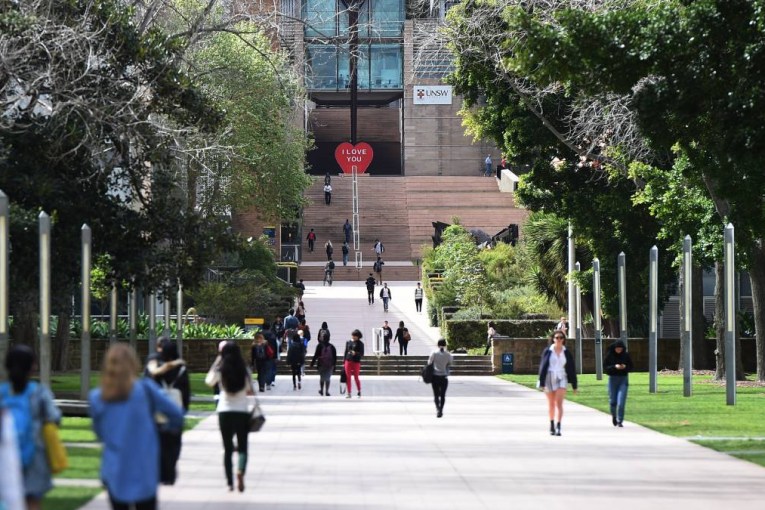Consultants in sights of new anti-corruption watchdog
Dozens of leads are already being pursued by Australia’s new anti-corruption watchdog just days after its launch.
The National Anti-Corruption Commission, which officially started on July 1, has signalled its first public hearing could look at the risks posed by government use of contractors.
The commission’s head, former NSW Court of Appeal judge Paul Brereton, said in an opening speech on Monday it was a “historic moment” for democracy in Australia.
“First and foremost, the people of the Commonwealth are no longer prepared to tolerate practices which might once have been the subject of, if not acceptance, at least acquiescence,” he said.
“You have clearly expressed the desire for a Commonwealth anti-corruption agency.”
Mr Brereton said the commission had received 44 online referrals and five telephone requests for call-backs, which would be followed up immediately.
He added the anti-corruption agency was “obviously aware of a number of matters which have been mentioned in the media” and elsewhere for investigation.
“We will assess all the matters of which we are aware, to decide whether they should be investigated,” he said.
But the commissioner warned against attempts to weaponise the watchdog through inappropriate referrals, adding he would not hesitate to make public statements calling out the unfounded claims.
Mr Brereton said open hearings would be held when the public interest justified an exception to the general rule that they be held in private.
One example could be a public hearing into the “risks and vulnerabilities” of the government’s use of contractors.
Several matters have been raised for possible investigation by the commission, including staff at consultancy PwC sharing confidential government tax information.
Mr Brereton said it was his aspiration for the commission to become a “respected part of the machinery of our democracy”.
“I want the commission to have the reputation of being fearless but fair, independent, and impartial,” he said.
“While the legislation gives us great powers, with that comes great responsibility.”
Greens senator Barbara Pocock said the establishment of the commission was significant.
“We want to see corrupt behaviour across our economy discovered, investigated and consequences paid,” she said.
“(The Greens) have got a list of referrals. Unfortunately, many events have happened in Australia over the last 10 years that have eroded the integrity of our government and our systems.”
Senator Pocock said the possible referrals included conduct at PwC, the purchase of land near the future western Sydney airport for more than it was worth and the sports rorts scandal.
Centre for Public Integrity board member and retired judge Stephen Charles said holding public hearings only when circumstances are exceptional was “very unfortunate”.
“The robodebt royal commission has demonstrated the enormous value of public hearings in revealing … the huge flaws in the scheme, the extent of the damage being done to the community and the need for change,” he told AAP.
The independent integrity commission is tasked with stamping out corrupt conduct involving Commonwealth officials, including ministers, parliamentarians and their staff.
It will also investigate the conduct of public servants and government contractors.
Anyone can refer a matter to the commission, which will then decide whether or not to investigate.
The commission can also make its own determinations about what to investigate without a referral.
– AAP







